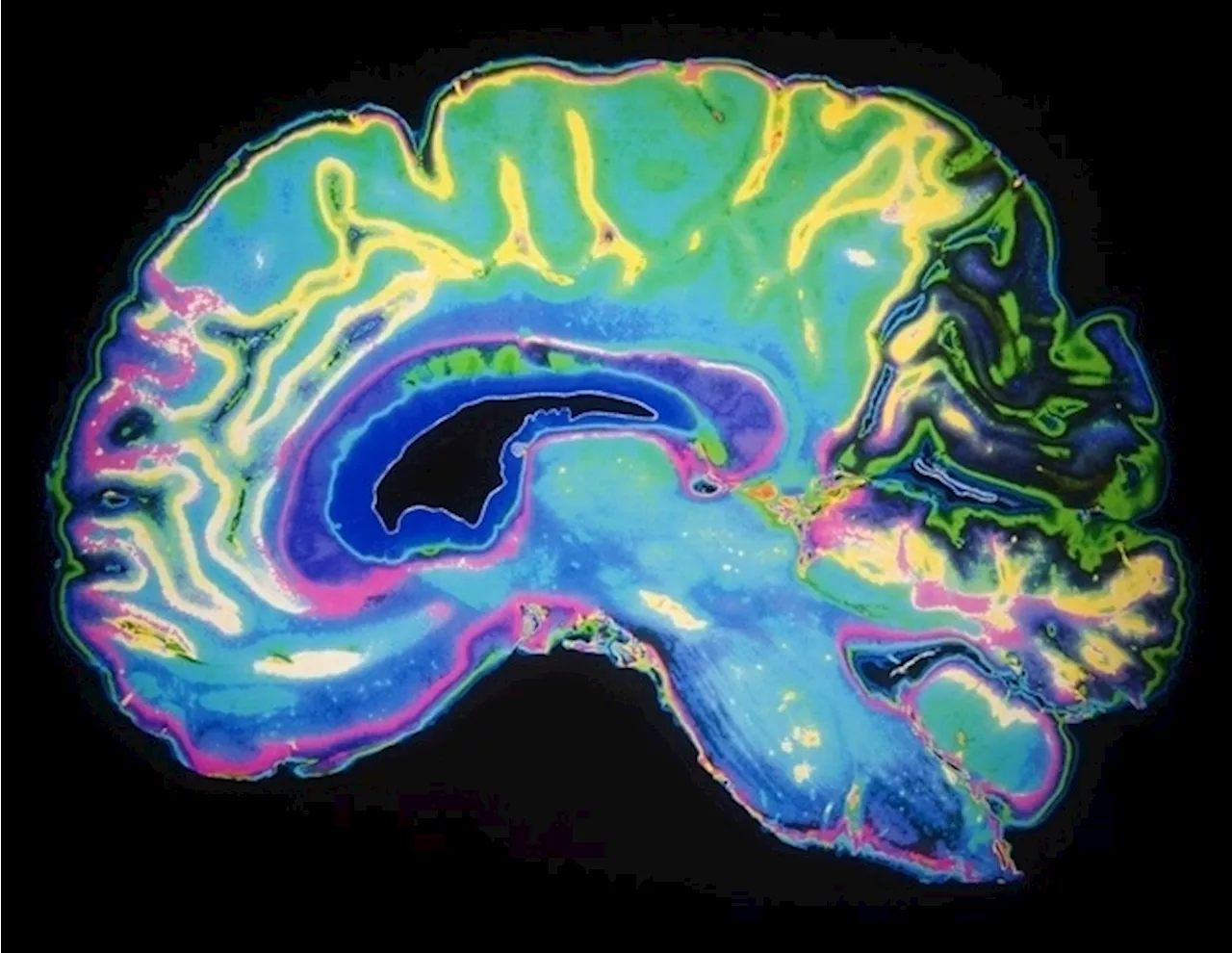A cubic millimeter of brain tissue may not sound like much. But considering that tiny square contains 57,000 cells, 230 millimeters of blood vessels, and 150 million synapses, all amounting to 1,400 terabytes of data, Harvard and Google researchers have just accomplished something enormous.
May 9 2024Harvard University
The feat, published in Science, is the latest in a nearly 10-year collaboration with scientists at Google Research, who combine Lichtman's electron microscopy imaging with AI algorithms to color-code and reconstruct the extremely complex wiring of mammal brains. The paper's three co-first authors are former Harvard postdoctoral researcher Alexander Shapson-Coe; Michał Januszewski of Google Research, and Harvard postdoctoral researcher Daniel Berger.
The word 'fragment' is ironic. A terabyte is, for most people, gigantic, yet a fragment of a human brain – just a miniscule, teeny-weeny little bit of human brain – is still thousands of terabytes." The latest map in Science contains never-before-seen details of brain structure, including a rare but powerful set of axons connected by up to 50 synapses. The team also noted oddities in the tissue, such as a small number of axons that formed extensive whorls.
Related StoriesGoogle's state-of-the-art AI algorithms allow for reconstruction and mapping of brain tissue in three dimensions. The team has also developed a suite of publicly available tools researchers can use to examine and annotate the connectome.
Blood Blood Vessels Cellular Biology Cortex Neurons Research
United Kingdom Latest News, United Kingdom Headlines
Similar News:You can also read news stories similar to this one that we have collected from other news sources.
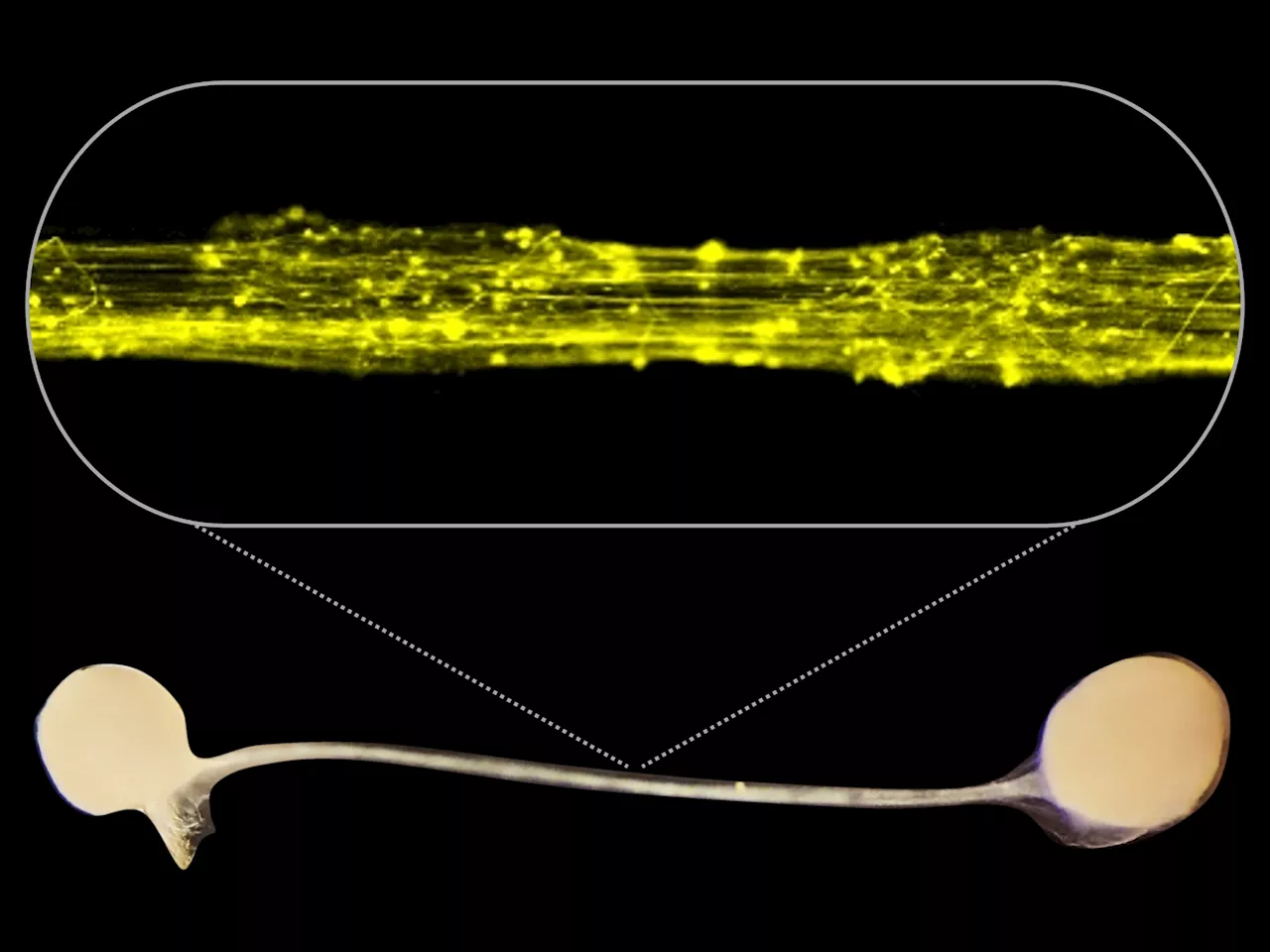 Researchers develop first model of the brain's information highwaysThe brain resembles a road network: Like country roads, small connections link neighboring nerve cells, while, like highways, thick nerve bundles connect different regions of the brain.
Researchers develop first model of the brain's information highwaysThe brain resembles a road network: Like country roads, small connections link neighboring nerve cells, while, like highways, thick nerve bundles connect different regions of the brain.
Read more »
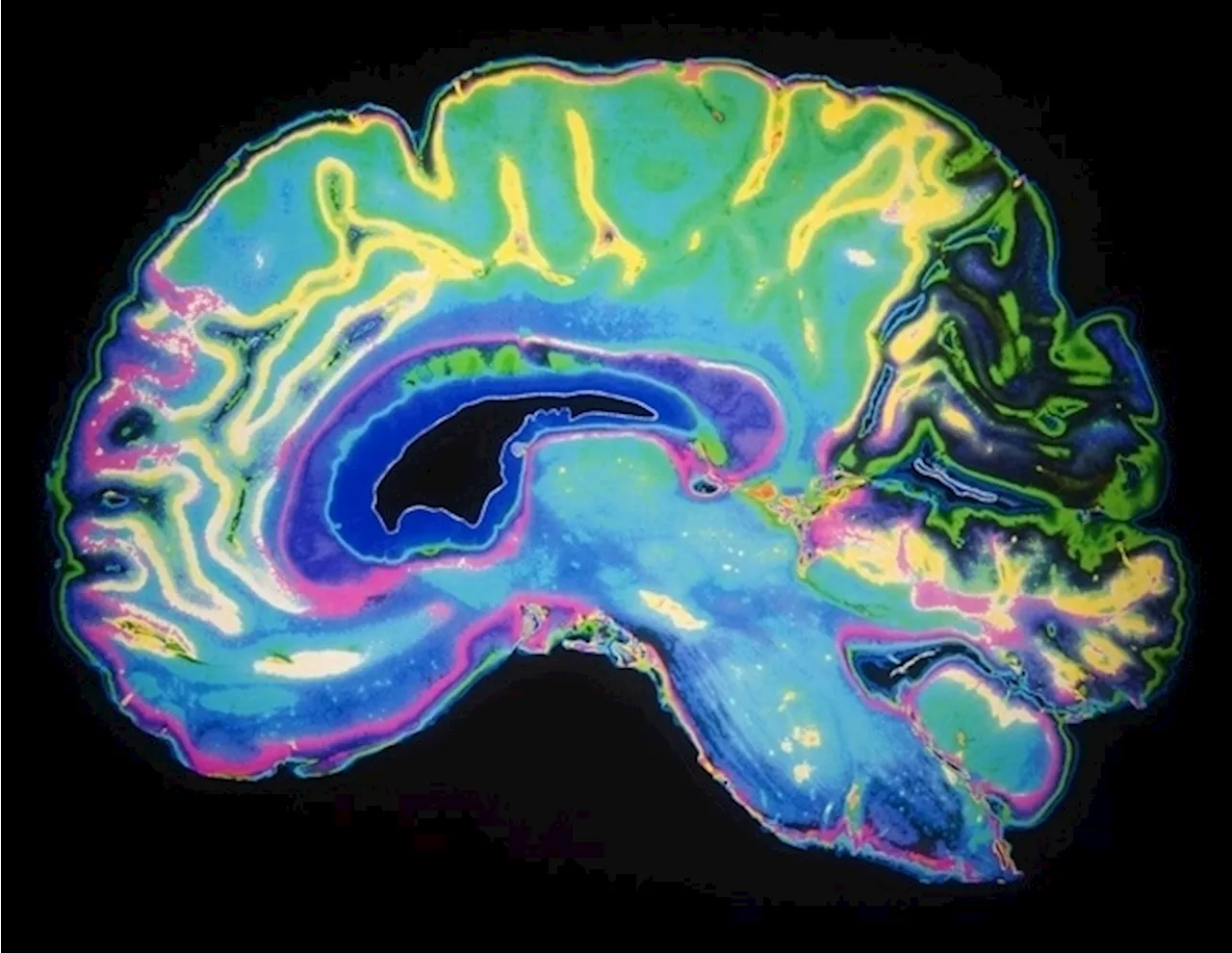 Columbia researchers uncover brain's ability to control inflammationThe brain can direct the immune system to an unexpected degree, capable of detecting, ramping up and tamping down inflammation, shows a new study in mice from researchers at Columbia's Zuckerman Institute.
Columbia researchers uncover brain's ability to control inflammationThe brain can direct the immune system to an unexpected degree, capable of detecting, ramping up and tamping down inflammation, shows a new study in mice from researchers at Columbia's Zuckerman Institute.
Read more »
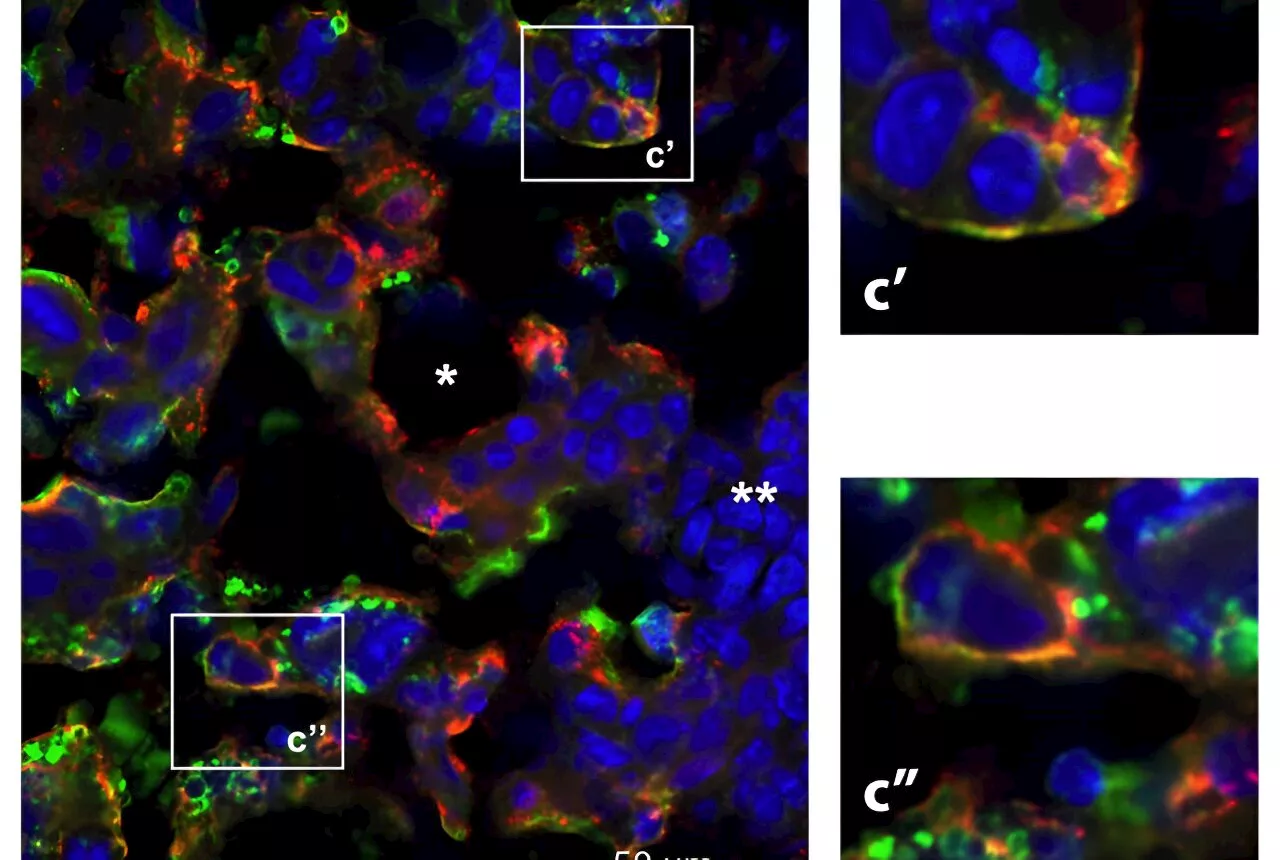 Researchers find pregnancy cytokine levels impact fetal brain development and offspring behaviorResearchers at Weill Cornell Medicine have discovered in a preclinical model that cytokines, proteins that control immune response, circulating in maternal blood during pregnancy may mitigate an offspring's risk for psychiatric conditions.
Researchers find pregnancy cytokine levels impact fetal brain development and offspring behaviorResearchers at Weill Cornell Medicine have discovered in a preclinical model that cytokines, proteins that control immune response, circulating in maternal blood during pregnancy may mitigate an offspring's risk for psychiatric conditions.
Read more »
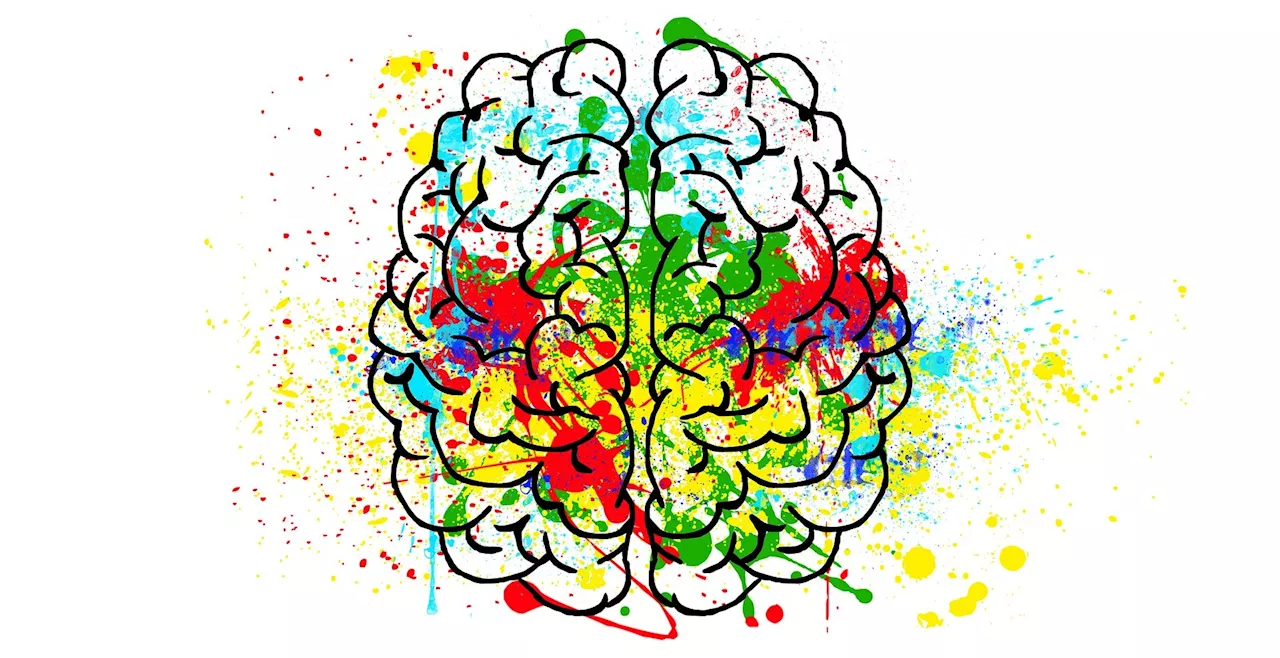 Researchers identify targets in the brain to modulate heart rate and treat depressive disordersA new study by researchers at Brigham and Women's Hospital suggests a common brain network exists between heart rate deceleration and depression.
Researchers identify targets in the brain to modulate heart rate and treat depressive disordersA new study by researchers at Brigham and Women's Hospital suggests a common brain network exists between heart rate deceleration and depression.
Read more »
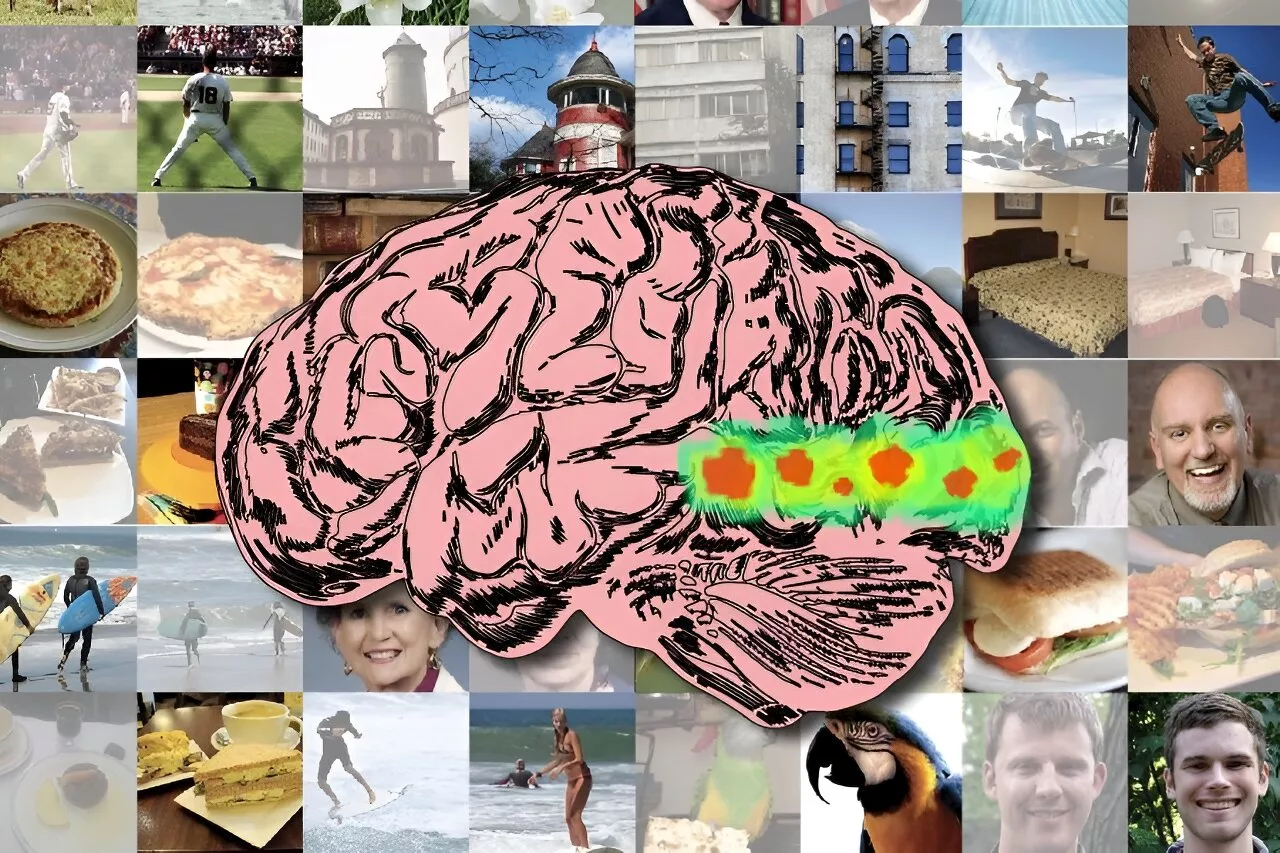 Researchers map the spatio-temporal human brain dynamics of a visual image being recognizedFor nearly a decade, a team of MIT Computer Science and Artificial Intelligence Laboratory (CSAIL) researchers have been seeking to uncover why certain images persist in people's minds, while many others fade. To do this, they set out to map the spatio-temporal brain dynamics involved in recognizing a visual image.
Researchers map the spatio-temporal human brain dynamics of a visual image being recognizedFor nearly a decade, a team of MIT Computer Science and Artificial Intelligence Laboratory (CSAIL) researchers have been seeking to uncover why certain images persist in people's minds, while many others fade. To do this, they set out to map the spatio-temporal brain dynamics involved in recognizing a visual image.
Read more »
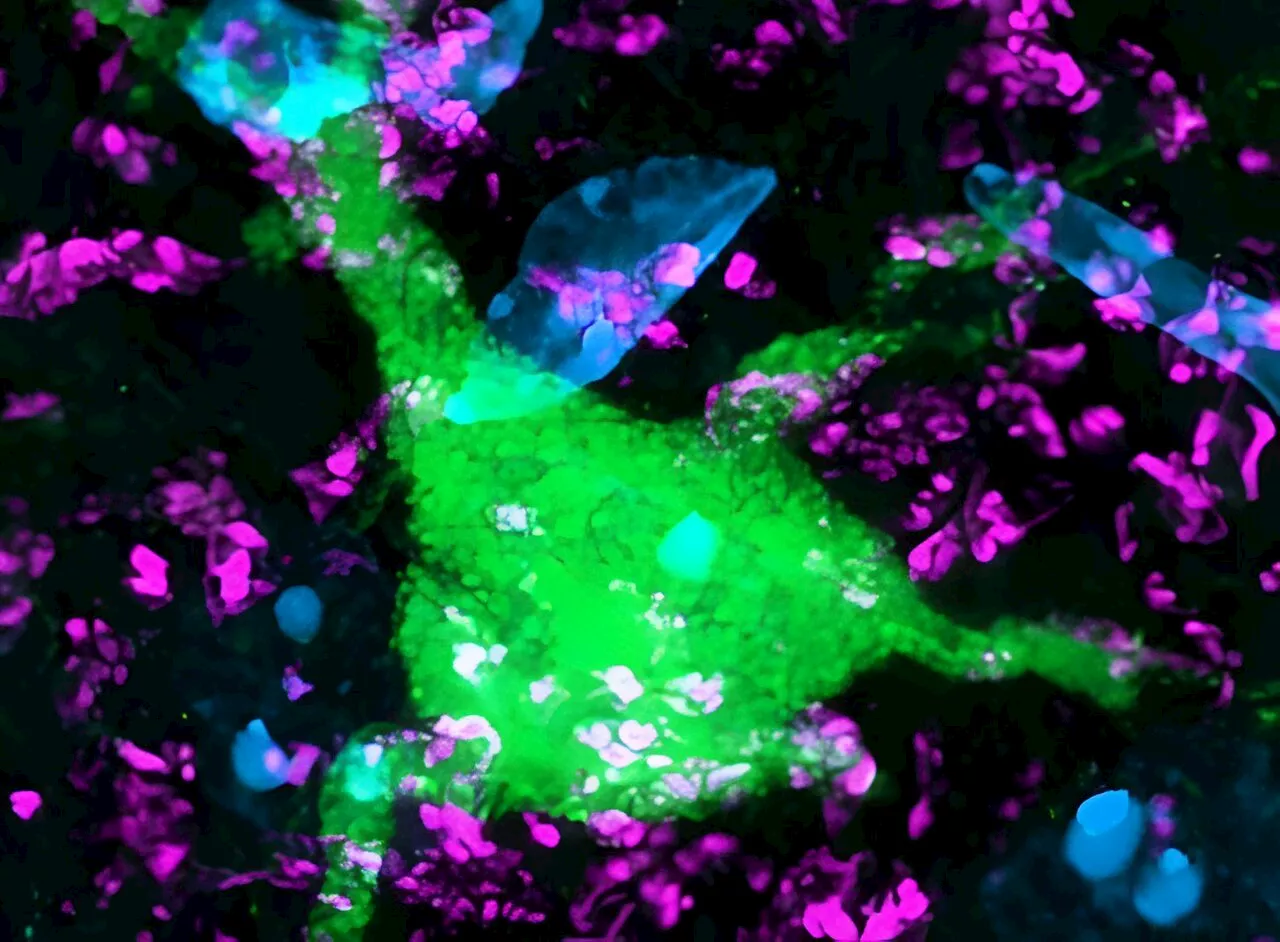 Researchers discover life-long effects of neuropeptides in the brainNeuropeptides, which are broadly considered to modulate synaptic communication, can have unique and life-long effects on brain development, particularly the wiring of neuronal circuits.
Researchers discover life-long effects of neuropeptides in the brainNeuropeptides, which are broadly considered to modulate synaptic communication, can have unique and life-long effects on brain development, particularly the wiring of neuronal circuits.
Read more »
